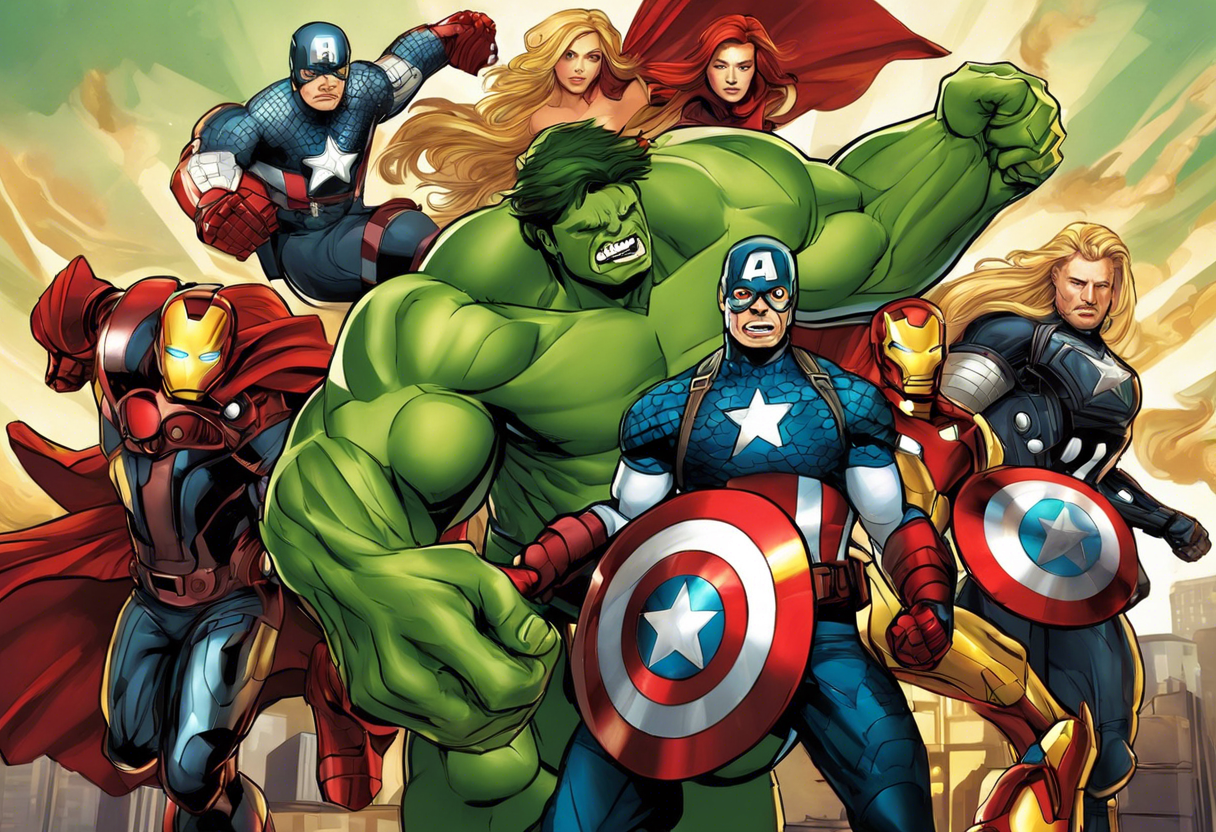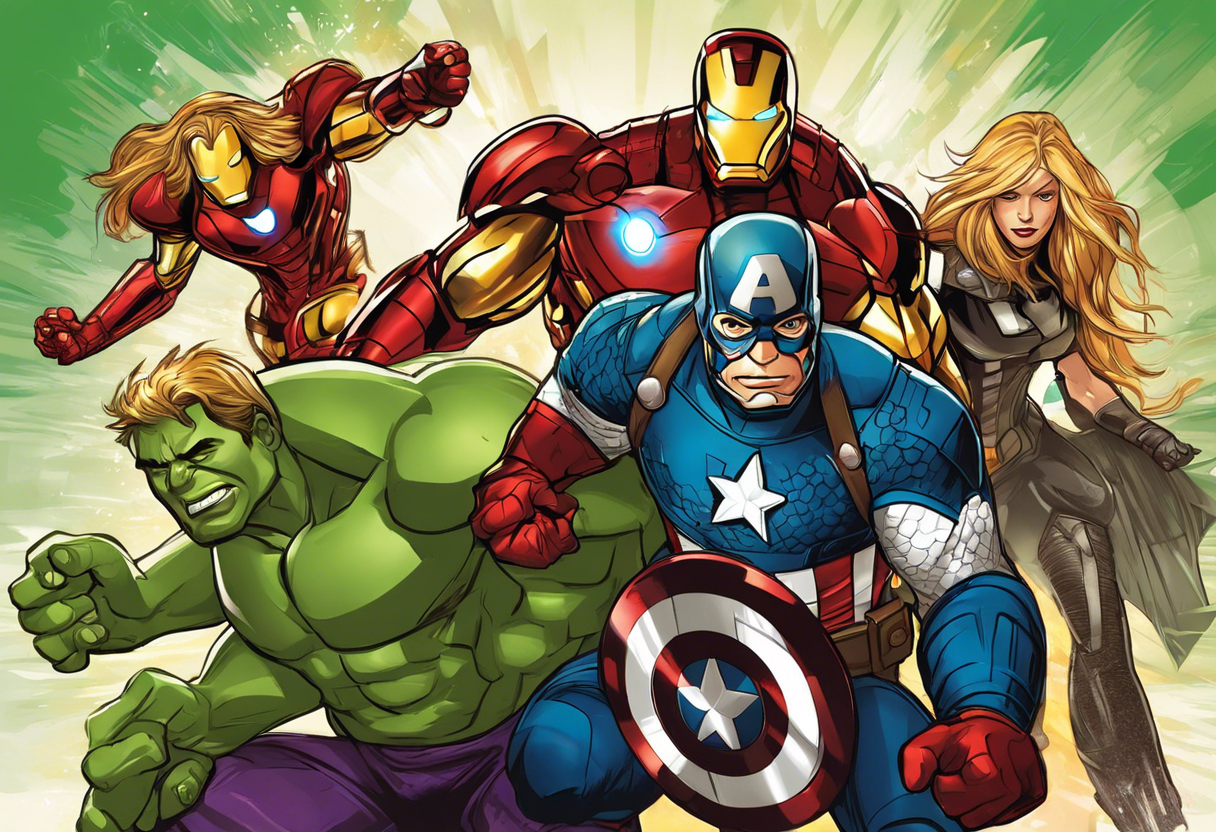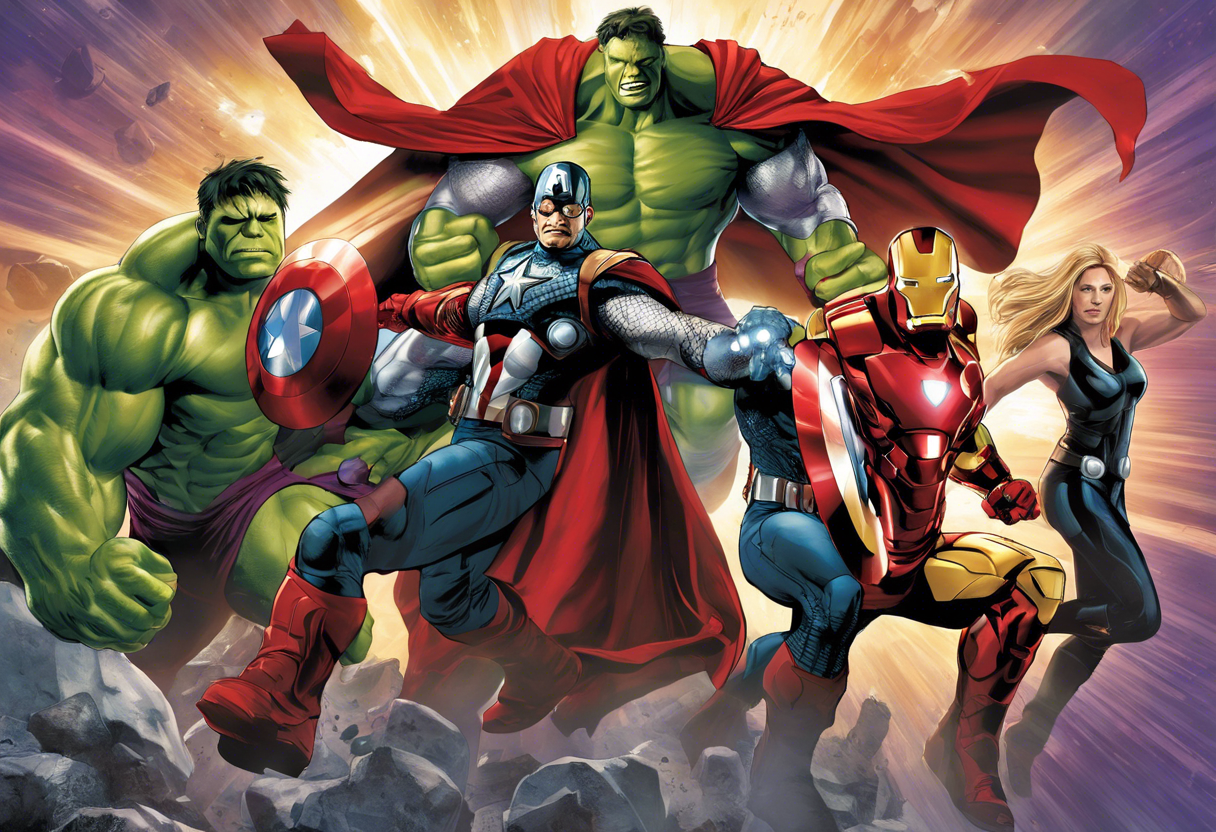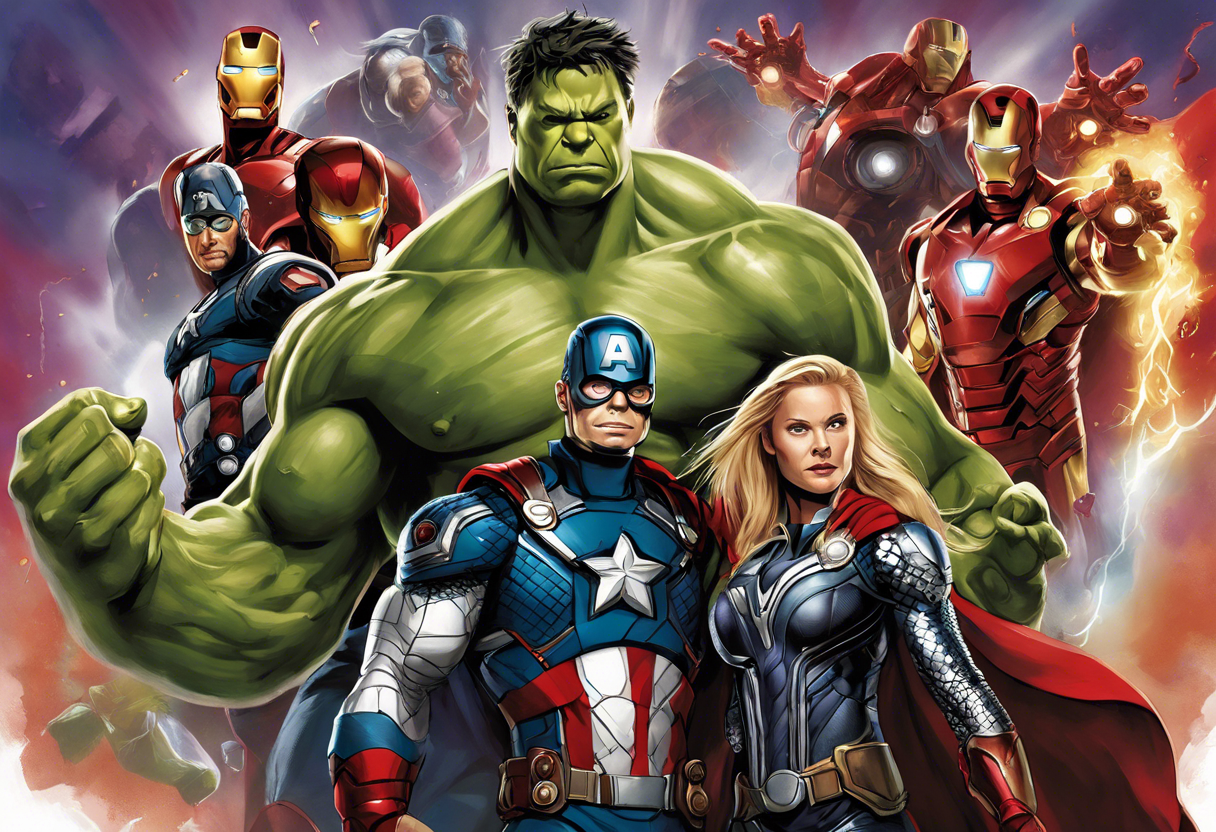The Avengers (2012) – A Marvel Cinematic Universe Milestone
Introduction
The Avengers, released in 2012, is a landmark American superhero film that marked a significant milestone in the Marvel Cinematic Universe (MCU). Produced by Marvel Studios and distributed by Walt Disney Studios Motion Pictures, the film is the sixth installment in the MCU and the culmination of a series of individual character films that preceded it. Directed and written by Joss Whedon, known for his work on Buffy the Vampire Slayer, the film brings together an ensemble cast including Robert Downey Jr., Chris Evans, Mark Ruffalo, Chris Hemsworth, Scarlett Johansson, and Jeremy Renner, alongside Tom Hiddleston, Stellan Skarsgård, and Samuel L. Jackson.
The concept of The Avengers began to take shape in 2003, with Marvel Studios’ CEO Avi Arad announcing plans to develop the film in April 2005, following Marvel Enterprises’ declaration of independence and a financing deal with Merrill Lynch [1][4]. This strategic move allowed Marvel to produce a slate of films that would be distributed by Paramount Pictures, with the intention of releasing individual films for the main characters to establish their identities before merging them in a crossover film.
The Avengers premiered at the El Capitan Theatre in Los Angeles on April 11, 2012, and was released in the United States on May 4, 2012, as the final film in Phase One of the MCU. The film’s success was unprecedented, grossing over $1.5 billion worldwide and setting numerous box office records, including becoming the highest-grossing film of 2012 and the third-highest-grossing film of all time at the time of its release [1][4].
Plot Summary
The film’s narrative revolves around the recruitment of six iconic superheroes by Nick Fury, the director of the spy agency S.H.I.E.L.D., to form a team capable of stopping Loki, Thor’s adoptive brother, from subjugating Earth. The story begins with Loki’s arrival on Earth, where he steals the Tesseract, an ancient relic and source of infinite energy, from a S.H.I.E.L.D. base. Loki uses the Tesseract to open a portal above Stark Tower in New York City, allowing his Chitauri army to invade Earth.
Fury reactivates the "Avengers Initiative," bringing together Tony Stark (Iron Man), Steve Rogers (Captain America), Bruce Banner (the Hulk), Thor, Natasha Romanoff (Black Widow), and Clint Barton (Hawkeye) to counter Loki’s threat. The team faces initial conflicts and disagreements, particularly over S.H.I.E.L.D.’s plans to use the Tesseract to create weapons of mass destruction. These tensions are exacerbated by Loki’s agents, who attack the Helicarrier, S.H.I.E.L.D.’s flying base, leading to the Hulk’s rampage and the death of Agent Phil Coulson.
Coulson’s death serves as a catalyst for the Avengers to unite and work together. They launch a coordinated effort to protect New York City from the Chitauri invasion. The battle culminates with Stark intercepting a nuclear missile aimed at Manhattan and redirecting it through the portal to destroy the Chitauri mothership, disabling their forces on Earth. Romanoff uses Loki’s scepter to close the portal, and Thor transports Loki and the Tesseract back to Asgard for justice [1][5].
Themes and Symbolism
The Avengers explores several central themes that contribute to its compelling narrative and resonance with audiences. One of the primary themes is the importance of teamwork and unity. Despite their diverse backgrounds and conflicting personalities, the Avengers learn to put aside their differences and work together to achieve a common goal. This theme is symbolized through the characters’ interactions and the eventual formation of a cohesive team.
Another significant theme is the concept of power and responsibility. This is particularly evident through Tony Stark’s character, who must balance his ego and personal interests with the greater good. The Tesseract itself serves as a symbol of immense power and the dangers of its misuse, highlighting the ethical considerations that come with advanced technology and power.
The film also delves into the theme of identity and self-discovery. Characters like Bruce Banner and Steve Rogers grapple with their roles in the modern world, reflecting broader societal issues of identity and purpose. The character of Loki, with his complex and troubled past, serves as a symbol of the destructive potential of unresolved personal issues and the quest for validation and power [1][5].
Cultural Impact
The Avengers had a profound impact on popular culture upon its release. It marked a new era in superhero films, setting a precedent for ensemble casts and interconnected storylines that have since become a staple of the MCU. The film’s success paved the way for subsequent Marvel movies, contributing to the MCU’s expansion into a global phenomenon.
The film’s influence extends beyond the cinematic realm, with references and adaptations appearing in various forms of media. The Avengers has been featured in numerous lists of the greatest films of all time, including an Empire magazine poll in 2017, where it was listed as one of the 100 greatest films of all time [1].
The film’s cultural significance is also reflected in its merchandising, with a vast array of products ranging from toys and clothing to video games and theme park attractions. The characters and their iconic costumes have become part of the cultural lexicon, symbolizing heroism and teamwork.
Critical Reception
The Avengers received widespread critical acclaim upon its release. Critics praised Joss Whedon’s direction and screenplay, the visual effects, action sequences, acting, and musical score. The film was nominated for Best Visual Effects at the 85th Academy Awards and won several other accolades, including Saturn Awards for Best Science Fiction Film, Best Supporting Actor (Mark Ruffalo), and Best Director (Joss Whedon) [1][3].
Audiences also responded positively, with the film grossing over $1.5 billion worldwide. It was the first Marvel production to generate $1 billion in ticket sales, a milestone that underscored the film’s commercial success and cultural impact.
Despite its widespread acclaim, the film was not without controversy. Some critics noted the film’s reliance on CGI and the potential for over-reliance on special effects in future superhero films. However, these criticisms were largely overshadowed by the film’s overall reception as a groundbreaking achievement in the genre.
Legacy
The Avengers has left an enduring legacy in the world of cinema and beyond. It set the stage for the expansive MCU, which has grown to include numerous films, television shows, and other media. The film’s success inspired a new wave of superhero movies, influencing the direction of the genre and pushing the boundaries of what is possible in terms of storytelling and visual effects.
The film’s impact on filmmaking is evident in the subsequent Avengers sequels: Avengers: Age of Ultron (2015), Avengers: Infinity War (2018), and Avengers: Endgame (2019). These films built upon the foundation laid by The Avengers, culminating in a narrative arc that spanned over a decade and involved virtually every major character in the MCU [4].
The Avengers continues to inspire filmmakers, artists, and audiences alike. Its blend of action, humor, and heartfelt moments has made it a beloved classic, ensuring its place in cinematic history as a pivotal moment in the evolution of the superhero genre.





